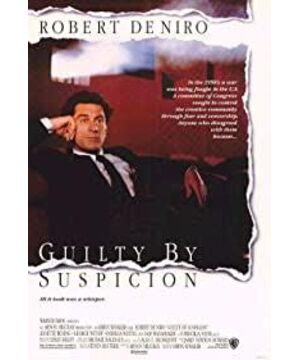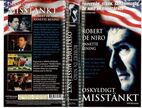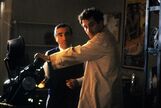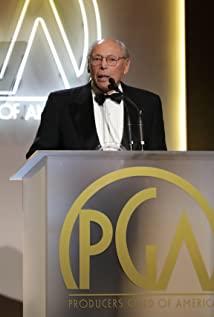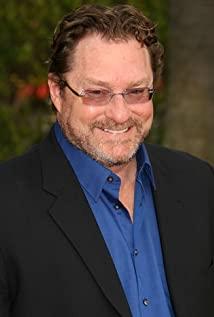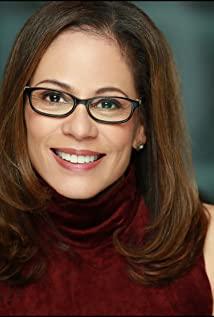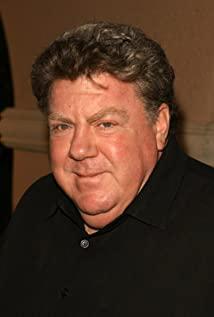This is a movie released in 1991. Based on true events in the Hollywood film industry in the 1950s. De Niro plays a director, David Merry.
In the United States in 1950, under the deceit of Senator McCarthy, a wave of anti-communism was launched in the United States. First and foremost is Hollywood. The slogan is "We want to protect America from being brainwashed by the ideas they spread through movies and TV shows." Those who are considered suspects of the Communist Party will face jail time. Even a witness will lose his job if he does not provide a list of Communist Party members he has been in contact with. In this wave, director David Merry was unfortunately involved. Simply because he had attended Communist Party rallies decades ago. As a witness, although he has not yet been thrown into prison, he has also suffered enormous torture. Endless interrogations by the authorities, stalking by the FBI, alienation of friends, loss of jobs... Not just David, but his friends Larry, North, Barney, Dorothy, and the famous The 10-person Hollywood blacklist case, and the more than 300 Hollywood people involved. Among them, some followed and did evil, some chose to escape, and some could not bear the torture and confession against their will. Only David endured all this and kept his basic principles of life, and the price paid for it was twenty years. painful life.
In the United States at that time, under the obscenity of McCarthyism, speech was guilty, wrongful imprisonment was spread all over the country, betraying friends was rewarded, and villains celebrated with each other. The whole one white terror. The Commission of Inquiry into Un-American Activities has stepped up its persecution of progressives, and the Hollywood Screen Actors Guild has also contributed to this. The chairman of the Screen Actors Guild at the time was second-rate actor Ronald Reagan. A large number of performers, represented by Chaplin, went into exile abroad. In the film, Joe (Martin Scorsese), who was about to leave, said to David angrily: "This is no longer my country." Larry's wife, Dorothy, made it difficult for her to accept her husband's whistleblower behavior. chose suicide. The film ends with this statement: "Thousands of lives have been shattered, hundreds of careers have been ruined. Faced with jail time, lost friends and property, deprived of life, David and Ruth were They were forced to live like this for twenty years. Yet they held on to their beliefs at all costs."
The thing I personally hate the most is whistleblowing. Originally close friends, friendly colleagues, and relatives who ate in a pot, they were unsuspecting each other, but at some point, they reported their privacy to those in power. Inform yourself about what you say and do in private. Is there anything more shameless than this? Because of the existence of such villains, people no longer have trust in their interactions, they have to put on thick armor, and they have to look at kindness, friendship and care with suspicion. It is common knowledge to despise whistleblowers. But in the McCarthy era, whistleblowers became a means of showing allegiance to the government. Become a step into the officialdom. When a society encourages whistle-blowing, it has already begun to rot, its morals have fallen. Of course, many whistleblowers are not voluntary. For example, Larry in the film, under the strict interrogation of the non-US investigation committee, he said: "Please, don't let me do this, they are all my friends." But in the end, he still had to explain list. Despite being forced, and despite defending his actions more than once, he cannot be forgiven. His wife said angrily: "Ask him, who confessed today? How many friends have you betrayed? Did you confess me? Did you confess your son?" David's choice was different from Larry's. No matter how difficult it is, he also knows what kind of prospects he will face to keep the bottom line, but he also knows that work and life are important, and the most important thing is to be an upright person.
I remember the former US President Roosevelt once advocated the "Four Freedoms", one of which was "Freedom from Fear". In the film, it is said that "in our country, everyone has enough fresh air and sunshine." But in the McCarthy era, this fear permeated the whole society. When David saw Larry burning books, including Mark Twain's The Adventures of Tom, he thought it was incredible. So he asked Tom why he was burning this helpful and harmless book. Larry said to him: "Wait until Carlin and Wood torture you to get a confession, and your literary taste will change immediately." The film company boss Chainick put out an excellent script and said to David: "If you are going to make this The movie, you have to clarify yourself." When David's best friend Barney was forced to help, he said to David: "David, I need your help, I want to ask your permission, I need your permission, I will confess to you The name." At this time, Barney must be in great pain, so helpless, so helpless, the only way is to sell his conscience. At this time, what else could David and Ruth say besides saying "leave our home"? Lawyer Graff persuaded David: "Is all the pain worth it? Think about yourself, don't confuse real life and movies." This sense of fear comes not only from the Commission of Inquiry into Un-American Activities, but from all aspects of life. Let people choose in pain, squeezing people's residual conscience.
The progress of human society has to go through one ups and downs and twists and turns. In different countries and different times, there is always a period of "anti-intellectuality". In modern society, although people's knowledge level is improving and their level of civilization is also improving, for some unknown reason, that kind of unreasonable madness always accompanies human beings from time to time. Not to mention, in modern society, there is fascism in Germany and Japan, there is the Great Purge movement in the former Soviet Union, there is the Bingwu catastrophe here, and there is McCarthyism in the United States. Every time this kind of evil action is under the banner of ideology, in fact, if you think about it carefully, it really has nothing to do with ideology. As the lawyer in the film puts it: "It's not about national security and loyalty, it's about power and propaganda."
Today, people are also reflecting on why there is such an unimaginable madness at the beginning? What makes people lose their rationality? It is clearly inappropriate to blame one person or one government for all these actions. The initial impetus for those crazy behaviors came from the undercurrents surging in society. The government is just encouraging and promoting this trend of thought. Perhaps this is also a historical necessity? It is with these anti-intellectual behaviors that today's people are prompted to think and review. You see, even the Church is apologizing for the persecution of Galileo by the Inquisition centuries ago. These make us slightly smarter, taking one step back to get two steps forward. Except for the United States. To this day, no one has apologised for McCarthyism, and what is more, still makes lies and deceit the glory of America. It's sad to think about it. Sad for David Merry, sad for Chaplin, sad for those who were persecuted for no reason, and even more sad for America today.
The key scene of the film is the final hearing. De Niro's performance is far less impassioned than Pacino in "Scent of a Woman," but more believable. Very realistic description.
My rating: 7.0.
View more about Guilty by Suspicion reviews


